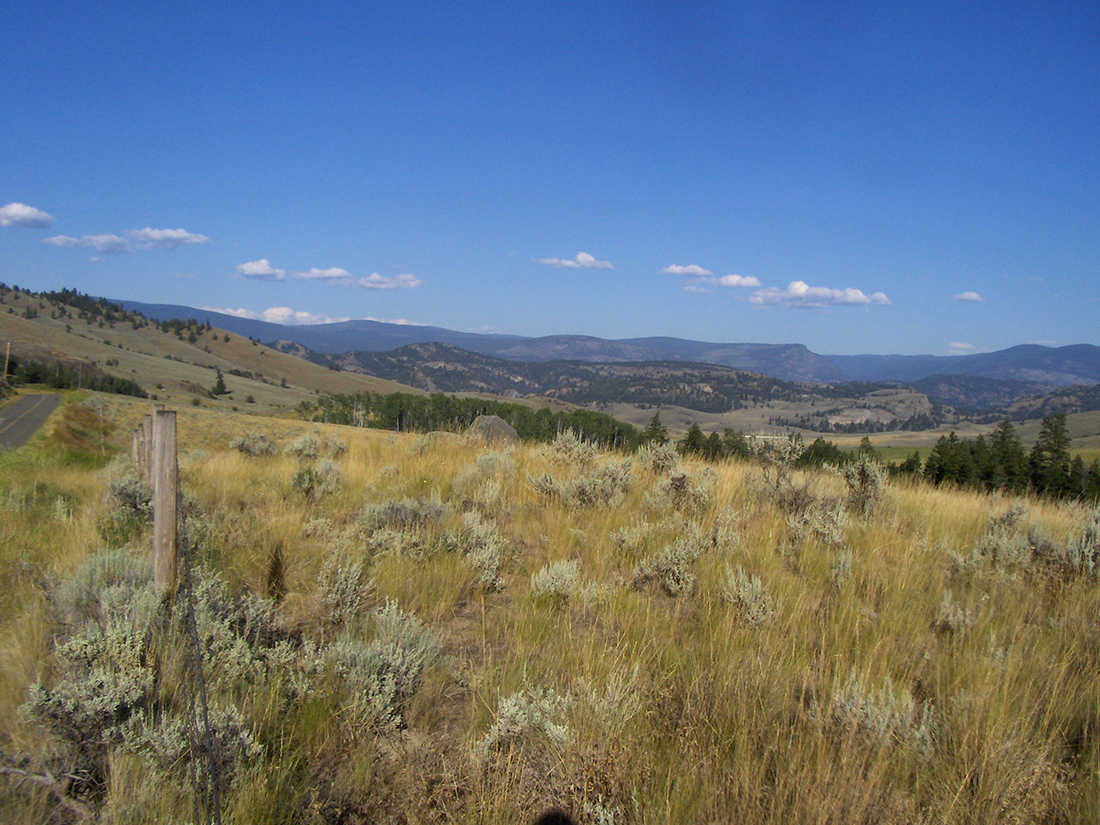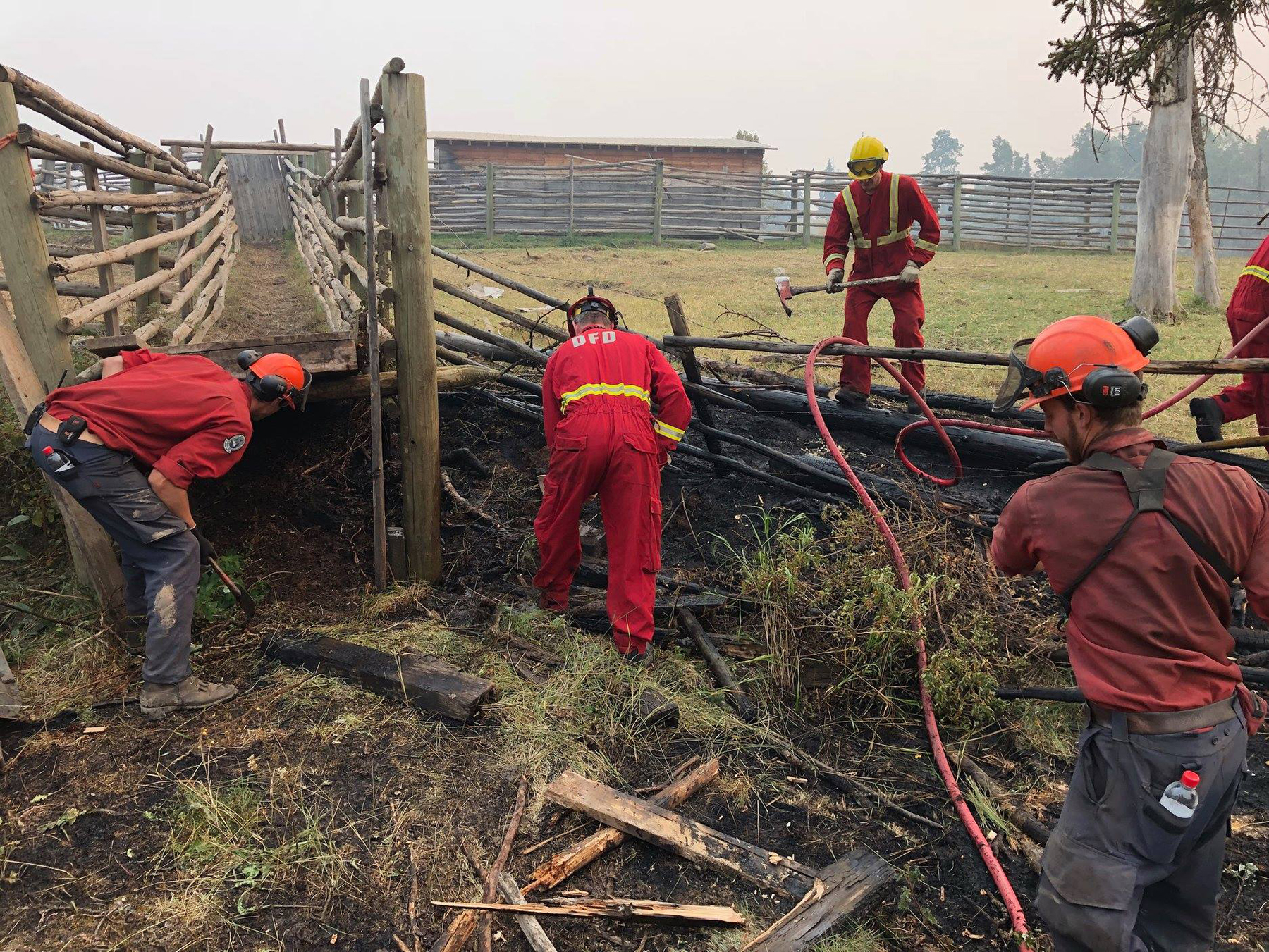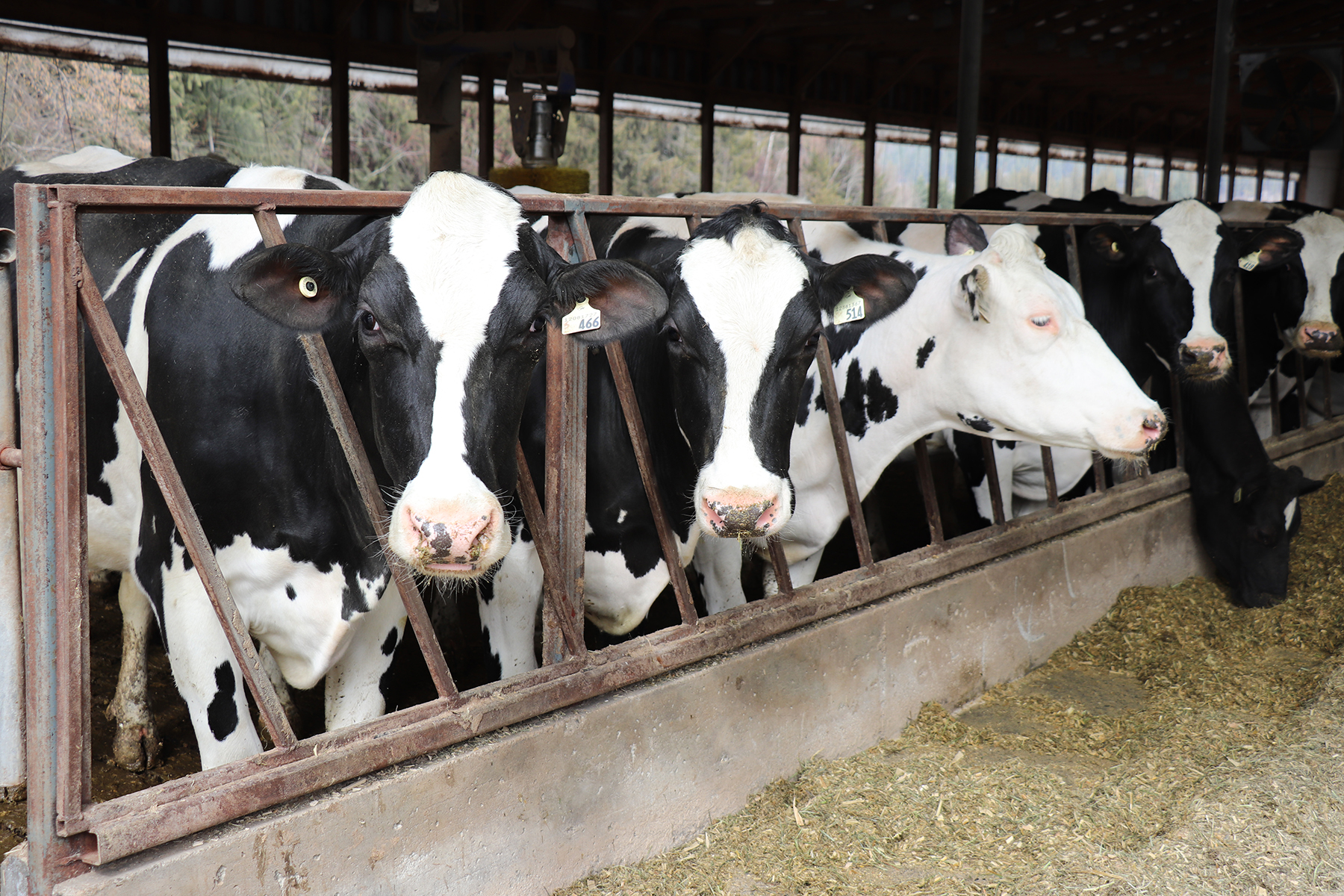OLIVER – Plans for a national park reserve continue to advance despite the concerns of ranchers and conservation groups alike.
BC Ministry of Environment staff told Country Life in BC last month that “tripartite discussions are ongoing between [the] feds, province and the Okanagan Nation.”
The comment came after Parks Canada officials told media in a conference call that it hopes to initiate consultations this fall in the hopes of finalizing a concept for the a national park reserve, including boundaries, by mid-2019. It followed the province’s announcement last October 27 of a “renewed commitment” to work towards creating a national park reserve from three protected areas in the South Okanagan. The area includes 84,140 acres of grasslands in the South Okanagan west of Okanagan Falls and south to the US border between Oliver and Cawston.
A national park reserve is a step below a national park, and aims to respect Indigenous land rights in the area. Ranchers and conservation groups both say that their own property rights and activities will be impacted by the move, and oppose the proposal.
Linda Allison of the Southern Interior Stockmen’s Association met with federal environment minister Catherine McKenna on August 17, a day after a tour with Parks Canada project manager Sarah Boyle.
“We are disappointed that the minister and her staff were firm that the creation of a park reserve will be proceeding,” says Allison, who has been fighting park proposals since plans were put forward in 2003.
A dilemma for ranchers is that provisions regarding activities allowed in the park won’t be determined till after contractual agreements granting access to ranchers’ lands are signed.
“We as an association are not in favour of a national park,” says Dave Casorso of the Okanagan Simlikameen Stock Association.
Ranchers have been told that an agreement between Parks Canada and the province will allow grazing in the proposed reserve, something not allowed in a full-fledged national park save as a management tool. However, it requires an amendment to relevant legislation.
“It may sound pretty good if you trust the process, but there are many players,” notes Casorso, who says tenure costs may be expensive. “If grazing is allowed, it may not be affordable for ranchers to manage in-park.”
Unlikely ally
Ranchers may have an unlikely ally in the fight against the reserve: the BC Wildlife Federation, which recently asked the BC auditor general’s office to perform “an audit and examination of cattle grazing leases on Crown land, and related issues.”
But if BCWF has issues with cattle on Crown land, it also has equal concerns regarding a national park reserve because lands owned by conservation organizations could be subject to expropriation and mismanagement.
These include nine properties acquired with funds from the Habitat Conservation Trust Foundation by the Nature Conservancy of Canada and the Nature Trust of BC to conserve the area’s grassland habitat and associated ecosystems.
“The goal of the south Okanagan land purchases was to conserve and enhance sensitive ecosystems while allowing traditional uses such as hunting, fishing and enjoying outdoor recreation in a sustainable manner,” the BCWF says in a statement.
However, it cites a BC auditor general’s report to underscore that the province has fallen short in managing protected areas and directs even sharper criticism at Parks Canada.
“Parks Canada’s has a history of commercialization, and privatization within wilderness areas,” it claims.
BCWF also points out that Parks Canada doesn’t protect “traditional activities” – in its case, hunting, but from ranchers’ perspective, cattle grazing.
“The province’s framework states existing users are protected,” states BCWF. “[But] there is no evidence that traditional activities are protected in national parks.”
Rather than assume management of sensitive areas, BCWF asks for a collaborative approach that recognizes the value other stakeholders offer.
A consultation this fall would give stakeholders yet another chance to weigh in. Victoria previously sought public opinion on the future of the area in 2015. The process garnered 3,460 responses, and acknowledged the importance of hunting, fishing, tourism, ranching and recreation in the area.
“The supposed economic benefits of a park in terms of employment and tourism are at the top of the list,” Allison says.
The one ray of hope for ranchers is the stated desire of Ottawa to find common ground with stakeholders.
“She gave her personal commitment to those at the meeting, that she would listen and hope to bring people together while saying that a proposed park reserve is proceeding,” says Allison.


 Wildfire lessons learned, but still work to be done
Wildfire lessons learned, but still work to be done